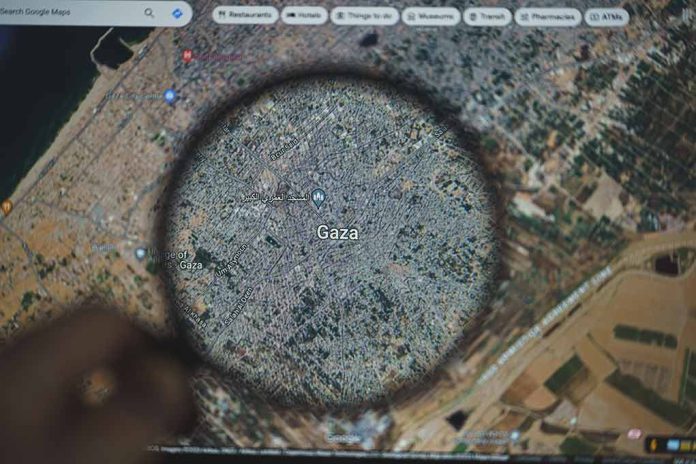
U.S. National Security Adviser Mike Waltz has defended the Trump administration’s Gaza takeover plan amidst a fragile ceasefire and tensions in the Middle East.
Key Takeaways
- Egypt will host a summit on February 27 to discuss the future of Gaza.
- President Trump declared that the U.S. wants to “own” Gaza, upsetting some Middle Eastern allies.
- Hamas has criticized Trump’s Gaza plan, reasserting Palestinian rights to the land.
- Trump has proposed relocating Gazans and building new communities away from current danger zones.
Background of the Plan
The discussions around the Gaza Strip have escalated as the Trump administration’s plan faced scrutiny. The plan, suggesting that the U.S. “own” Gaza and involve Middle Eastern countries in its redevelopment, stirred controversy. Trump’s notion of buying and owning Gaza was met with mixed reactions from both regional and international entities.
The proposal includes the idea of relocating Gaza’s 2.2 million residents and constructing new communities, diverging from previous assurances of temporary relocation. President Trump expressed a commitment to rebuilding through partnerships with other states to ensure terrorist group Hamas does not regain control.
Summit Discussions
Egypt answered President Trump’s declarations by planning a summit on February 27, inviting Arab leaders to discuss Gaza’s future. The summit addresses regional discontent following Trump’s comments about the U.S. owning Gaza. Neighboring countries like Egypt, Saudi Arabia, and Jordan have displayed apprehension towards the plan, emphasizing regional stability and sovereignty.
Arab neighbors have rejected the suggestion to accommodate displaced Gazans. Trump’s offer to exchange U.S. financial aid for willingness to host Gazans met resistance, underscoring the complexity of regional politics.
Criticism and Praise
Hamas strongly rejected Trump’s plan, holding their ground that Gaza is integral Palestinian land. “Gaza is not a property that can be bought and sold, and it is an integral part of our occupied Palestinian land,” stated Izzat al-Risheq, a member of the Hamas political bureau.
While Trump’s plan has been negatively viewed by numerous international leaders, U.S. National Security Adviser Mike Waltz contends that the plan represents strategic foresight in Middle Eastern policy. Despite dissent, including that from major allies appointed to host the region’s displaced residents, the administration maintains the plan could foster long-term peace.
Conclusion and Outlook
The ceasefire between Israel and Hamas reveals underlying tensions as diplomatic efforts progress. Though constructed to stabilize the region, the Gaza takeover proposal has predominantly sparked debate rather than consensus. As major players discuss the potential impacts, diplomatic sensitivity remains crucial in orchestrating a sustainable path forward.





